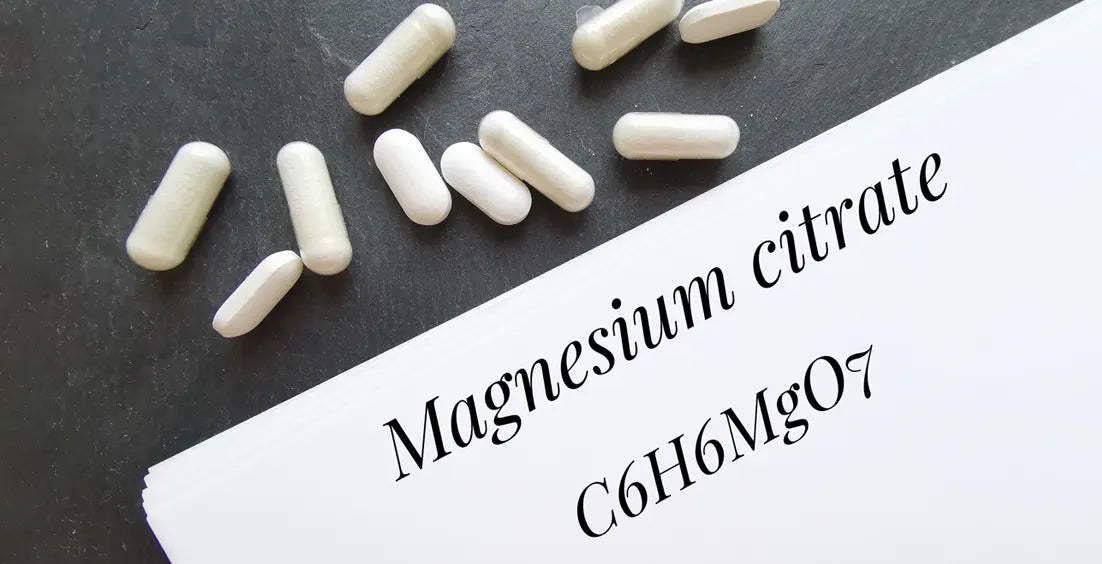Best Joint Supplements for Relieving Joint Pain
When it comes to supplements that claim to reduce joint pain, but which ones actually work? Learn how glucosamine, chondroitin, MSM, and more work.

Popular Stories
- Best Liquid B12 Supplement: Find out its Dosage & Health Benefits
- Best BCAA Supplements for Fat Loss and Muscle Retention
- Best Maca Root Supplement For Men’s Health, Hormones, & Well-Being
- Best Acai Berry Supplements: The Ultimate Buying Guide
- Spirulina Benefits for Women: Superfood for Skin & Hormones
- Best Foods for Weight Loss: Healthy Meal Options to Try
References
- Anti-Inflammatory Effects of Curcumin in the Inflammatory Diseases: Status, Limitations and Countermeasures https://pmc.ncbi.nlm.nih.gov/articles/PMC8572027/
- Boswellia Serrata https://www.ncbi.nlm.nih.gov/books/NBK563692/
- Vitamin D and Bone Health; Potential Mechanisms https://pmc.ncbi.nlm.nih.gov/articles/PMC3257679/
- The role of magnesium in pain https://www.ncbi.nlm.nih.gov/books/NBK507245/
- Glucosamine https://www.sciencedirect.com/topics/agricultural-and-biological-sciences/glucosamine
- Methylsulfonylmethane: Applications and Safety of a Novel Dietary Supplement https://pmc.ncbi.nlm.nih.gov/articles/PMC5372953/


 Skin Detoxification Bundle
Skin Detoxification Bundle Complete Weight Loss Bundle
Complete Weight Loss Bundle Heart Care Bundle
Heart Care Bundle Better Immunity Bundle
Better Immunity Bundle  Men's Immunity & Prostate Health Bundle
Men's Immunity & Prostate Health Bundle Stress + Energy + Wellness Combo
Stress + Energy + Wellness Combo  Energy Booster Combo
Energy Booster Combo Natural Skin Care Bundle
Natural Skin Care Bundle Workout Supplements Combo
Workout Supplements Combo Cognitive Health & Vision Combo
Cognitive Health & Vision Combo Joint Health Support Combo
Joint Health Support Combo




























